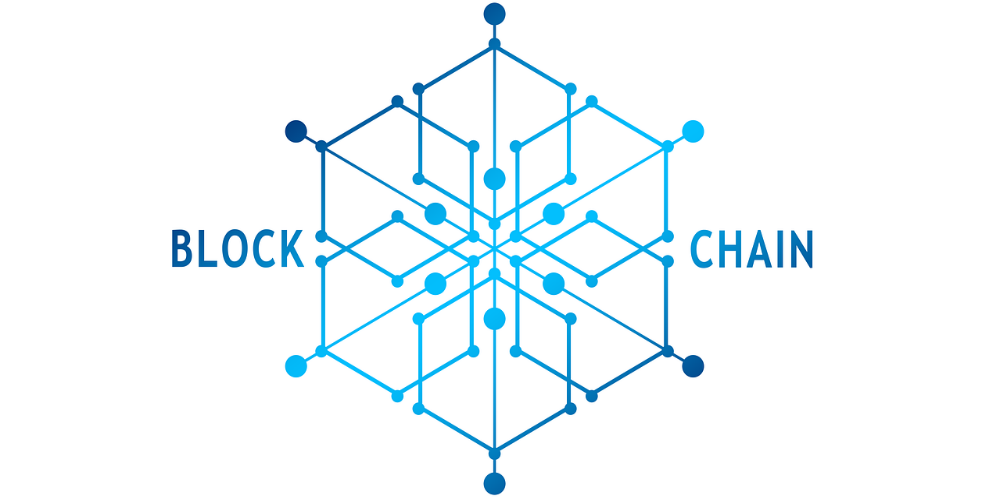Venture Capital Funding in Blockchain and Crypto Projects
Image Source: Stevepb from Pixabay
[lwptoc]
Introduction
Capital is key for any business to take off, be it a traditional form of business or businesses built on emerging technologies. Blockchain and crypto startups have available several fundraising methods ranging from traditional Venture Capital funding to the decentralized model of fundraising such as Initial Coin Offering (ICOs), Security Token Offerings (STOs), Initial Exchange Offerings (IEOs), Initial DEX Offerings (IDOs), etc. ICO is the most common fundraising method in the blockchain space. With about 875 projects raising approximately US$6.3 billion in the year 2017, while $19.2 billion was raised in 2018. Despite the huge success of ICOs in 2017 and the early part of 2018, this mode of fundraising faced a downward slide in the later part of 2018 because of fraudulent activities, which the crypto community now refers to as crypto winter. The need to regulate ICOs and protect investors who want to invest in crypto-based projects from fraudsters in the blockchain space saw the birth of STOs. STO is a more regulated process of raising funds in the blockchain space and it also created awareness to the public on ICOs and its shortcomings. An ICO is essentially an unregulated tool used to raise funds for blockchain or crypto-based projects. The shortcomings of ICOs had given rise to STOs and IEOs. IEOs are ICOs with a new layer of intervention and regulation that attempts to ensure value and mitigate risks for participants. STOs, on the other hand, have such a high barrier (must be accredited by Security Exchange Commission) for investors to participate in that they are not a viable option for fundraising.What is Venture Capital?
Venture capital is a form of private equity financing that investors provide to startup companies and small businesses that are believed to have long-term growth potential. Venture capital generally comes from wealthy investors, investment institutions such as investment banks or other financial institutions. This type of funding does not always take monetary form, it can also be provided in the form of technical or managerial expertise. Venture capital is provided in the interest of generating a return on investment (ROI) through an eventual exit such as a Merger and Acquisition (M&A), or Initial Public Offering (IPO) of the company.Origin of Venture Capital
The origin of Venture capital can be traced back to the 19th century, Venture Capital only developed as an industry after the Second World War ( WWII). Georges Doriot is considered the "Father of Venture Capital". In 1946 he founded American Research and Development Corporation (ARDC) he raised a $3.5 million fund to invest in companies that commercialized technologies developed during WWII. ARDC's first investment was in a company that had ambitions to use X-ray technology for cancer treatment. The $200,000 that Doriot invested turned into $1.8 million at the exit stage when the company went public in 1955.How it Works
Start-up seeking to raise venture capital is required to make a research for VCs after which they submit a business plan. The business plan does not necessarily need to be bulky but should be clear about the business. If interested, the VC or angel investor also performs due diligence, which includes;- a thorough background check of the company's business model,
- products,
- management (team)
- operating history etc
Venture Capital in Blockchain and Crypto Projects
Venture capital financing is not limited to traditional businesses. The rise of awareness in crypto-assets has given many VCs a new opportunity to reinvent VC financing by leveraging the ICO fundraising model and incorporating it into traditional VC models of financing.Types of Venture Capital Funds in Blockchain and Crypto Projects
The rapid growth of the crypto market has awakened the interest of Venture Capitalists in blockchain and crypto projects. The new opportunities opened with significant liquidity and financial flexibility offered by crypto-assets. Venture Capitalists (VCs) are gradually diversifying their portfolios by creating hybrid funding models or launching crypto-centric funds to directly invest in blockchain start-ups, crypto projects etc. These new hybrid funding models are;- Crypto-Funds
- Crypto Fund of Funds (FOFs)
- Tokenized Venture Funds
- Reversed ICOs
Crypto Fund
VCs raise a pool of capital from investors and establish a separate fund (crypto fund) to invest in a blockchain start-up’s equity and, or crypto-assets. These investments may include:- Crypto-assets purchased on a secondary market,
- Crypto-assets purchased in a pre-sale or ICO sale and,
- Blockchain tech start-up equity.
Tokenized Venture Fund
A tokenized venture fund is also known as a ‘tokenized fund’.This is a newly-created funding structure that takes the ICO model and applies it to the ownership structure of the fund. It enables the venture capital fund to launch its own tokenized securities offering to raise funds from a larger pool of investors and investors in the fund in return can trade their equity tokens of the fund on a crypto-exchange as soon as the tokens are listed. The rationale behind a tokenized fund is to provide liquidity for investors and eliminate long-term capital commitments.Reverse ICOs
VCs also exploit the liquidity of cryptocurrencies as a means of exit for venture capital investments that is rather than waiting for the start-up to mature to the stage that it can go public through an IPO (Initial Public Offering) or other conventional exit strategies, VCs may engage in ‘reverse ICOs’ to help them get a faster return, and the funds can be reinvested into another crypto project. An example of a VC that has explored this method is KiK.Fund of Funds
This type of financing, a venture capital fund sets up a crypto-fund to invest in other crypto-specific funds. This allows for greater diversification of risk by investing in multiple funds simultaneously an example is the Union Square Ventures (USV) that has invested in six crypto funds. Although some VC firms have taken illiquid assets and issued tradable crypto-assets that give investors rights in these assets (“asset-backed tokens”), others have raised capital for tokens which provide its investors with rights to a portfolio of VC backed companies or real estate while some crypto firms have started venture capital arms, focusing mainly on projects relating to blockchain technology and crypto-assets.What VCs Look out for in Blockchain and Crypto Startups Before They Consider Funding
VCs lookout for the following in blockchain or crypto projects before funding. Blockchain startups and/or entrepreneurs are encouraged to work on these points before pitching VCs- Solutions: VCs look at the real-life problem the project intends to solve, not an imaginary one.
- Team: They look at the key team members background, experience and reputation. They would want to find out if the team was formed a few months ago without any relevant experience to the blockchain or project or have they been working on the project for a long time and have relevant experience?
- Community and Institutional Support: VCs check out the crypto community such as Github, BitcoinTalk, Telegram, etc to see whether the project is supported or criticized by the community. If the project’s community on Telegram or Github is showing no development progress, dead or closed, the blockchain project most likely has failed or will to do so within a short while. If the project is designed to create solutions for example, in the power sector, VCs will look out for institutions in the power sector that are in support of the project.
- The Technology and Project: It is highly recommended that startups understand the technology behind the project. How feasible it is. If it is innovative? Is blockchain necessary for the project? There are many projects in the market that try to solve a problem where blockchain is not needed. VC investment in such projects may not happen. VCS may also ask if the team already have a minimum viable product and what stage is the development of the product?
- Investors and Network Investors would want to know Who is backing the project? If they are Friends, family, institutions? Do the founders or entrepreneurs have their own money in there? Who’s talking about this project, and where? Telegram, LinkedIn, Facebook, press and news sources, etc.
- Viability of The Business: is the business viable? Is it capable of meeting their expected Return of Investment (ROI)?
- Market Opportunities: The size of the market, the number of customers willing to use the product and also pay for it.
- Market Strategy and Cost: How the entrepreneurs intend to break into the market and the cost implication of entering the market.


